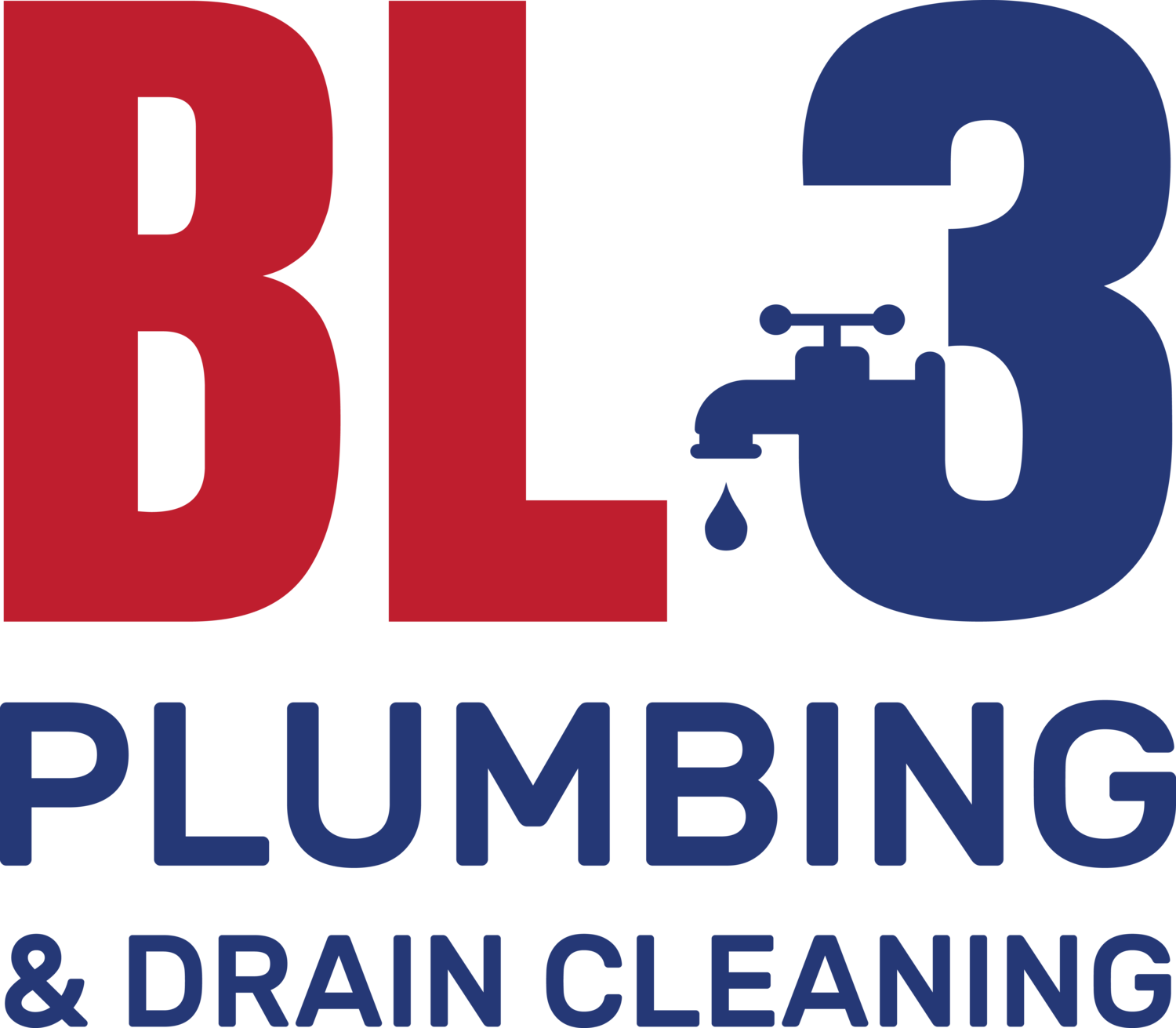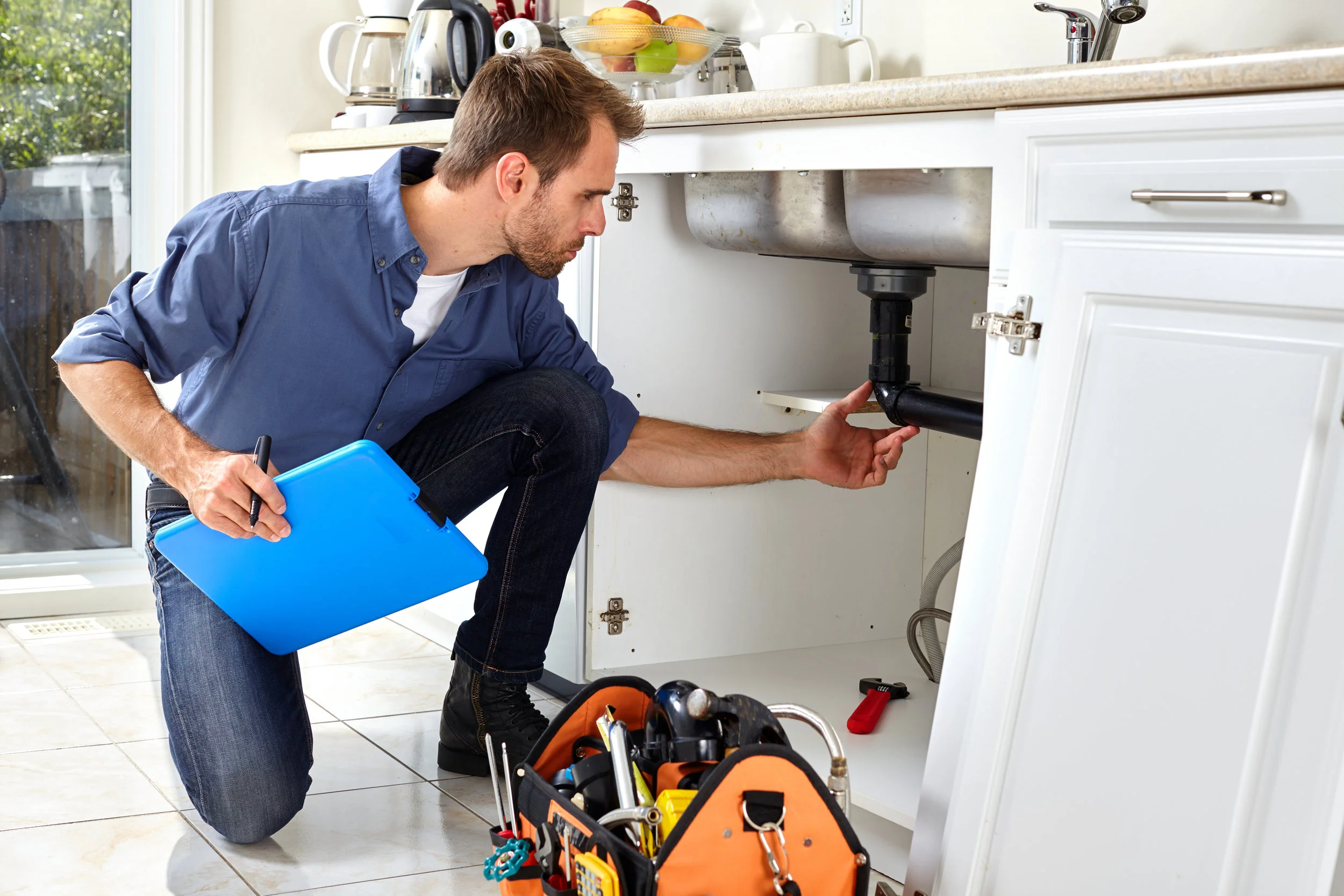Tackling home improvement projects yourself may seem like a great way to cut costs. But one wrong mistake, and you’ll pay the price.
Waterborne diseases are a serious matter. It’s crucial having a healthy plumbing system to ensure clean water is flowing through your home. Plumbing appears easy, but it’s really more complicated than it looks.
Plumbing requires the knowledge of drain, water, sewer and gas lines. It also involves the dexterity to handle mechanics in extremely tight spaces. Taking on these projects yourself can cause major problems down the road. You may experience water damage, have to rip up flooring or destroy your backyard to repair the sewage.
Always refer to a professional when handling plumbing issues.
The Main Problem
As we mentioned, dirty water is no laughing matter. Using an unlicensed plumber can runt the risk of contaminating your water supply by installing water heaters, softeners, boilers and sillcocks improperly. Seemingly small mistakes like these can lead to carbon monoxide poisoning. Because of this, water heater manufacturers require licensed plumbers to install the products. Otherwise, the manufacturer warranty is void.
The Role of Plumbers
Professional plumbers are qualified to repair broken pipes, clogged drains and sewage systems – which otherwise, have the capability of destroying surfaces if your home. When there’s an emergency, homeowners immediately contact a plumber.
But, what about the small stuff?
It’s actually much wiser to enlist a plumber when the problem is still minor. More so, by giving your system a routine checkup. A professional plumber not only has vital knowledge to tackle the issue, but the proper resources to provide a long-term solution rather than a “quick fix.”
Knowledge is Key
Plumbers undergo an extensive amount of training. First, they must become an apprentice and accumulate a specific amount of experience hours. Some states require basic coursework prior taking the licensing exam while others also require continuing education to stay updated on building codes, equipment and safety procedures.
A qualified plumber not only knows the tools of the trade but keep themselves up-to-date on the latest strategies and products. Trusting your plumbing with a general handyman or the neighbor down the street can put you in a bind, leaving you with a number of new issues.
Unlicensed vs. Licensed Plumbers
Sometimes the desire to save a buck might prompt you to enlist a handyman when there’s a minor issue. It may seem cost-effective at first, but a presently minor problem can face several pitfalls if handed wrong.
For instance, the average handyman may not be aware of your building code requirements or which products provide the best overall value. Faulty recommendations can lead to more repairs or affect the value of your home. Additionally, they may take shortcuts or use risky practices to complete the project.
Hiring an unlicensed plumber, there’s guarantee the contractor has the skills, training or even requirements to ensure your plumbing meets state code. Incorrect repairs can also cause injury, illness and property damage if you’re not careful. This is one of many reasons why plumbing professionals are strictly regulated.
On the other end of the spectrum, licensed plumbers go through rigorous training to become expert in their field. And to obtain a license, they must pass a criminal background check, testing and certification by the state licensing board and carry the appropriate form of contractor’s insurance.
Insurance and Bonding
It’s important to higher a plumber who’s bonded and insured. That way if anything goes awry, both yourself and the plumber are financially protected. For example, if a plumber were to make a mistake that resulted in property damage, their liability insurance would help pay for it. Bonding kicks in where the insurance stops. It also provides safety net compensation for damaged goods or stolen property.
Licensed plumbers should also have coverage for job-related injuries. This type of insurance protects you from liability if there were to accidentally injure themselves during the project. Never feel bad for asking a plumbing company for proof of insurance. Failing to do can quickly turn a small plumbing repair into a costly endeavor.
The Benefits of Hiring a Plumber
1. Experience
First and foremost, a licensed plumber is more experienced than your average Joe. You’ll enjoy peace of mind knowing this isn’t their first rodeo.
2. Cost Effectiveness
Consider the costs associated with damage repair and the risks involved with hiring a general contractor. You’ll save more in the long-term with a professional getting it right the first time.
3. Building Compliance
A professional is familiar with building codes and will ensure your home or business is compliant. If you opt for a handyman, you’re risking state fines, penalties and your insurance company may also deny claims to your plumbing equipment.
4. Safety
It’s important to hire someone who not only minimizes damage to your property but can ensure your family’s safety beyond the project.
Prevention
Even when you’re not facing an emergency situation, here are three other (preventative) scenarios when hiring a licensed plumber is wise.
- New home inspections
- Routine maintenance of your current home
- When minor plumbing annoyances arise
A home is a large investment. Preventing plumbing issues at the start can save you hundreds, if not thousands of dollars (and headaches) down the road. Our qualified team at BL3 Plumbing can help you identify any areas of concern and maintain a healthy system.
Contact one of our two Oklahoma City locations and we’ll ease the stress of your home’s maintenance.


